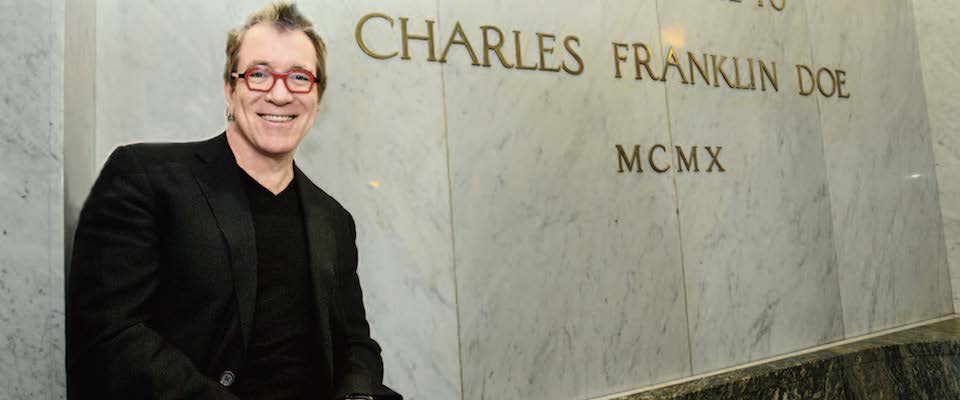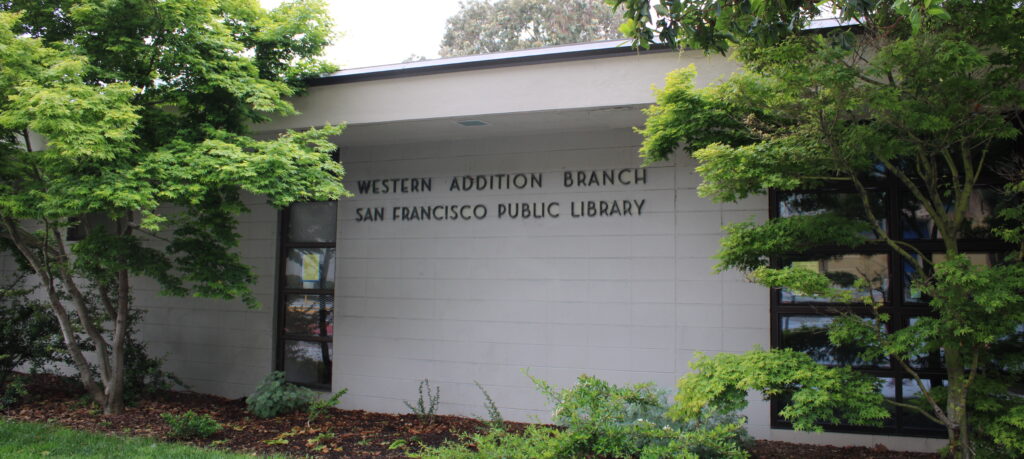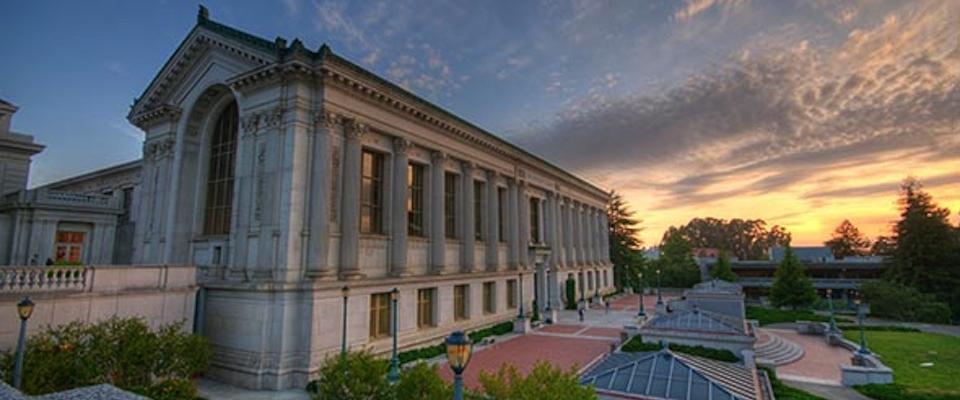1 How did you become the university librarian?
Since the mid-1990s, my research and teaching have been entirely committed to understanding and improving the modern information age: in particular, how people interacted with information, and with each other through information technologies. I was a founding faculty member of the University of Michigan School of Information (and later dean), which absorbed the Library School: We taught library and archives science, as well as information economics, human-computer interaction, and social computing: a multidisciplinary range of topics needed by today’s information professionals. Moving from dean of an information school to dean of a university library was a big step, but not too strange. And I couldn’t pass up the opportunity to join the leadership at the best public research university in the world!
2 There are currently more than 12 million books at Berkeley. With the advent of e-books and tablets, will the library of the future still be dominated by bookshelves?
Already today the library isn’t dominated by bookshelves! We have enormous print collections, and they continue to grow for good reasons. But for the past decade we’ve received nearly all scholarly journals (over one hundred thousand of them annually) electronically, and our electronic books collection is growing rapidly too. More important, collecting and providing access to scholarly resources is only one of our core services. We are a key provider of information literacy instruction for campus: Last year our librarians taught more than 1,000 class sessions, reaching 20,000 students, helping prepare them to be wise and skilled in an increasingly complex and overwhelming information world.
3 You do a lot of research in user-contributed content such as that found on Wikipedia and YouTube. What do user-generated resources mean for the future of education?
First, user-contributed content provides a remarkable learning opportunity: “universal authorship.” Nearly everyone in our society can read. But now, nearly everyone can author in public. They can express themselves and get reactions and critiques from almost anyone on the planet. Students used to make an argument in an essay and get comments from one, often tired, professor. Now they can make an argument and engage with readers around the world.
Another benefit of user-contributed content: open-access educational materials. Students often pay more than $1,000 for books per semester. The Library is leading a project on campus to increase the use of open materials, which are licensed for free use. These are often created by teams of scholars, contributing from multiple locations, just as open source software is. The materials are the ones they use in the college classes they teach, so they care about the quality!
4 These days, it seems like all the world’s information is on Google. What does a bricks and mortar library offer that search engines and the Internet can’t?
First, there’s a big myth to bust: Most of the world’s scholarly, high-quality, knowledge-rich information is not freely available on the Internet. You might be able to find it via Google, but you’ll have to pay for it. At Berkeley, we spend $20 million a year to purchase or license information resources that are not freely available: Our students and faculty couldn’t do that themselves!
Beyond that, a lot of the world’s historical knowledge resources are not online. For example, we have more than 60 million unique rare and historical items that are not yet digitized. And of our 12 million circulating books, about 7 million of them are still under copyright and readers cannot read them online; they have to check out a print copy.
5 In January, you were part of a panel discussion on fake news. How does digital information consumption contribute to the rise of misinformation, and what can we do about it?
The problem is not new: Fake news has been used as a political tool at least since the 1400s, when published false stories led to at least 15 Jews being burned at the stake in Trent, Italy. But the digital revolution has vastly magnified the problem. The reason is simple. The cost of reproducing and distributing information on the Internet now is approximately zero. When publishing platforms are essentially free, they will attract all sorts of pollution—low-quality or even harmful information that people are spreading to promote political agendas, sell products, or for a strange sort of fun (known as “lulz” on the net). Zero-cost, open communications are an amazing, pro-social and pro-democratic advance: We shouldn’t—and almost surely can’t—turn back free publishing. The primary answer is to raise our information literacy. We all need to become better consumers of information, knowing how to evaluate and discern information quality.





















